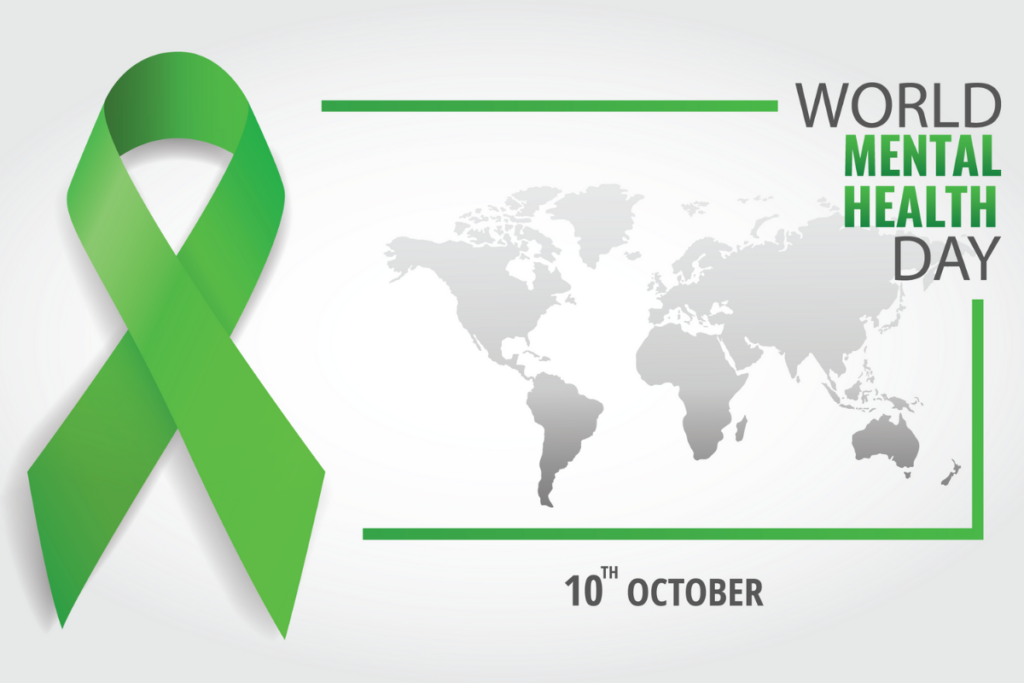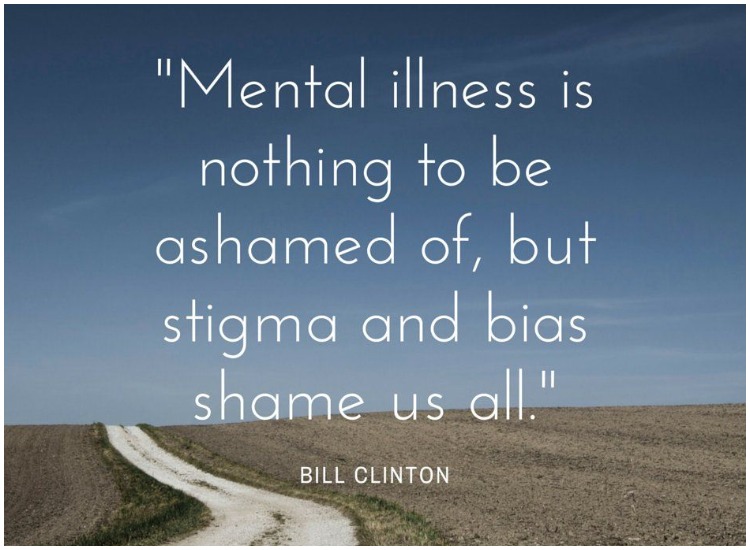Date: October 10

Mental health is just as important as physical health, yet millions of people worldwide struggle in silence.
Why this day matters
Mental health issues are common, but stigma, lack of awareness, and limited access to care make it harder for people to seek help.
- In India, mental health disorders are rising, especially among younger generations.
- Conditions like depression, anxiety, and stress are often dismissed as “just a phase.”
- Many people don’t seek professional help due to fear of judgment or lack of knowledge about available resources.
- Mental health issues can lead to severe consequences, including job loss, strained relationships, and, in extreme cases, suicide.
- Early intervention can lead to better outcomes, but only if the conversation about mental health is normalized.
What you risk with poor mental health
- Chronic stress, anxiety, and depression can weaken your immune system.
- Increased risk of heart disease and other physical health problems.
- Poor quality of life and diminished ability to perform daily tasks.
- Strained relationships and isolation.
- Decreased productivity at work or school.
What you gain when you prioritize your mental health
- Greater emotional stability and peace of mind.
- Improved relationships and social interactions.
- A clearer sense of purpose and direction.
- Better focus, productivity, and creativity.
- More energy and enthusiasm for life.
Ask yourself

- Do you often feel overwhelmed or anxious?
- Are you struggling to manage stress or emotions?
- Have you noticed a decline in your ability to enjoy life or focus on work/school?
- Do you avoid talking about mental health issues because of stigma?
If you answered yes to any of these questions, today is a good day to start prioritizing your mental health.
How to take action
- Speak to a mental health professional about your concerns.
- Practice mindfulness, meditation, or relaxation techniques to reduce stress.
- Reach out to family or friends for support.
- Set small, achievable goals for improving your mental well-being.
- Educate yourself about mental health and recognize the signs of common conditions like anxiety and depression.
How you can help others
- Listen without judgment to those who may be struggling with their mental health.
- Share resources and encourage open conversations about mental well-being.
- Support mental health organizations and campaigns at school, work, or in your community.
- Donate to mental health nonprofits that provide counseling, therapy, and support groups.
Mental health is not just about surviving; it’s about thriving. You have the power to take control of your mental well-being, and today is the perfect day to start.